UPDATE* SMALL BUSINESS OWNERS AND PAYCHECK PROTECTION PROGRAM
*Update* - Since the posting of this article, the SBA released the sample application form for the Paycheck Protection Program and it includes a few changes from what had previously been released. These changes include:
Rate and Term Changes;
New Rate 0.50%
New Terms: 2 years with a maximum payment deferral of 6 months
Anticipation that only 25% of the total loan forgiven may be from non-payroll costs (due to the expected large demand of this Program)
There is also a clarification on what counts as payroll costs:
Salary, wages, commissions, or tips (capped at $100,000 on an annualized basis for each employee);
Employee benefits including costs for vacation, parental, family, medical, or sick leave; allowance for separation or dismissal; payments required for the provisions of group health care benefits including insurance premiums; and payment of any retirement benefit;
State and local taxes assessed on compensation; and
For a sole proprietor or independent contractor: wages, commissions, income, or net earnings from self-employment, capped at $100,000 on an annualized basis for each employee
More information is available here: https://home.treasury.gov/system/files/136/PPP%20Borrower%20Information%20Fact%20Sheet.pdf
Original Content
Reviewing The CARES Act – Specifically The Paycheck Protection Program Loans For Small Businesses
The Coronavirus Aid, Relief, and Economic Security (or CARES) Act was recently passed by Congress with the idea of assisting businesses and their short-term needs during this pandemic. For many small businesses, not being able to operate normally is continually putting a significant strain on the viability of their business going forward. Through research and working with local bank representatives, we have been attempting to gain a better understanding of this program and the potential benefits to small business owners. One of the sections of this act that should be of particular interest would be the Paycheck Protection Program and the potential for forgivable loans. That’s right, these loans have the potential to be forgiven if used correctly.
A Quick Breakdown:
First of all, before applying a eligible recipient must in good faith attest that the “uncertainty of current economic conditions makes necessary the loan request to support the ongoing operations of the [business].” Secondly, the funds received from this program can be used to retain workers, maintain payroll, or make mortgage lease or utility payments. If yes, the following provisions would apply to the loan:
Maximum Loan Amount: The monthly average payroll costs over your previous 12 months multiplied by 2.5 or $10 million, whichever is less
Maximum Interest Rate: 4.0%
How does the forgiveness work?
Without exceeding the total amount of the original loan, borrowers are entitled to loan forgiveness equal to the sum of the following expenses paid during the eight-week period, which begins on the loan origination date: Payroll costs, covered utility payments, covered rent obligations, or covered mortgage interest obligations.
There are factors that reduce the amount of the loan that is forgiven, notably if you reduce total salary or wages of any employee that is in excess of 25% (for employees that earned less than $100,000 in 2019. Employers can also eliminate these reductions if they restore the number of Full-time employees and total salary by 06/30/2020. There will be a secondary process from the loan to determine the amount forgiven, and maintaining the correct documentation will be critical in determining if a company qualifies. Any remaining balance of the loan that is not forgiven would have a maximum maturity of 10 years
Additional Helpful resources:
https://www.kitces.com/blog/analyzing-the-cares-act-from-rebate-checks-to-small-business-relief-for-the-coronavirus-pandemic/ - Kitces Blog
https://www.ksmcpa.com/blog/cares-act-introduces-forgivable-loans-with-paycheck-protection-program - Shared by my friend Sarah Hammond
Small Business Owners Guide to the CARES Act - Straight from the US Senate Committee
There are many more intricate details to discuss before deciding to apply (for instance, the loan forgiveness, if qualified for, is non-taxable!), if you are interested in learning more, give us a call or reach out to me via email (billy@billycardwell.com).
Billy Cardwell, CFP®
Billy Cardwell is the Owner of Aurora Financial Strategies, a financial advisory firm based out of Kokomo, IN. He can be reached via email at billy@billycardwell.com. Investment Advisory Services are offered through BCGM Wealth Management, LLC, a SEC registered investment adviser. This blog does not constitute advice. This is not an offer to buy or sell securities. Advisor is not licensed in all states.

